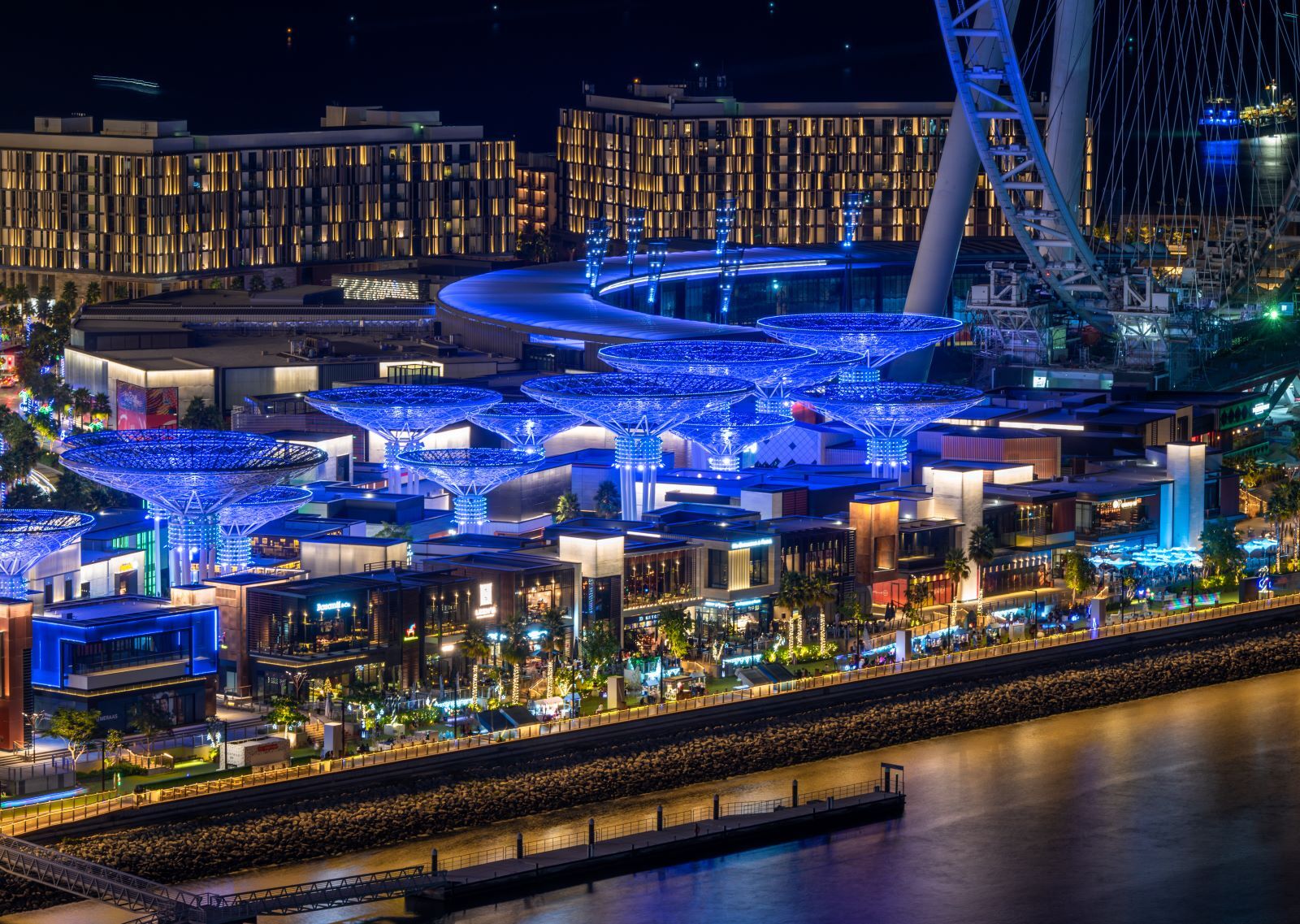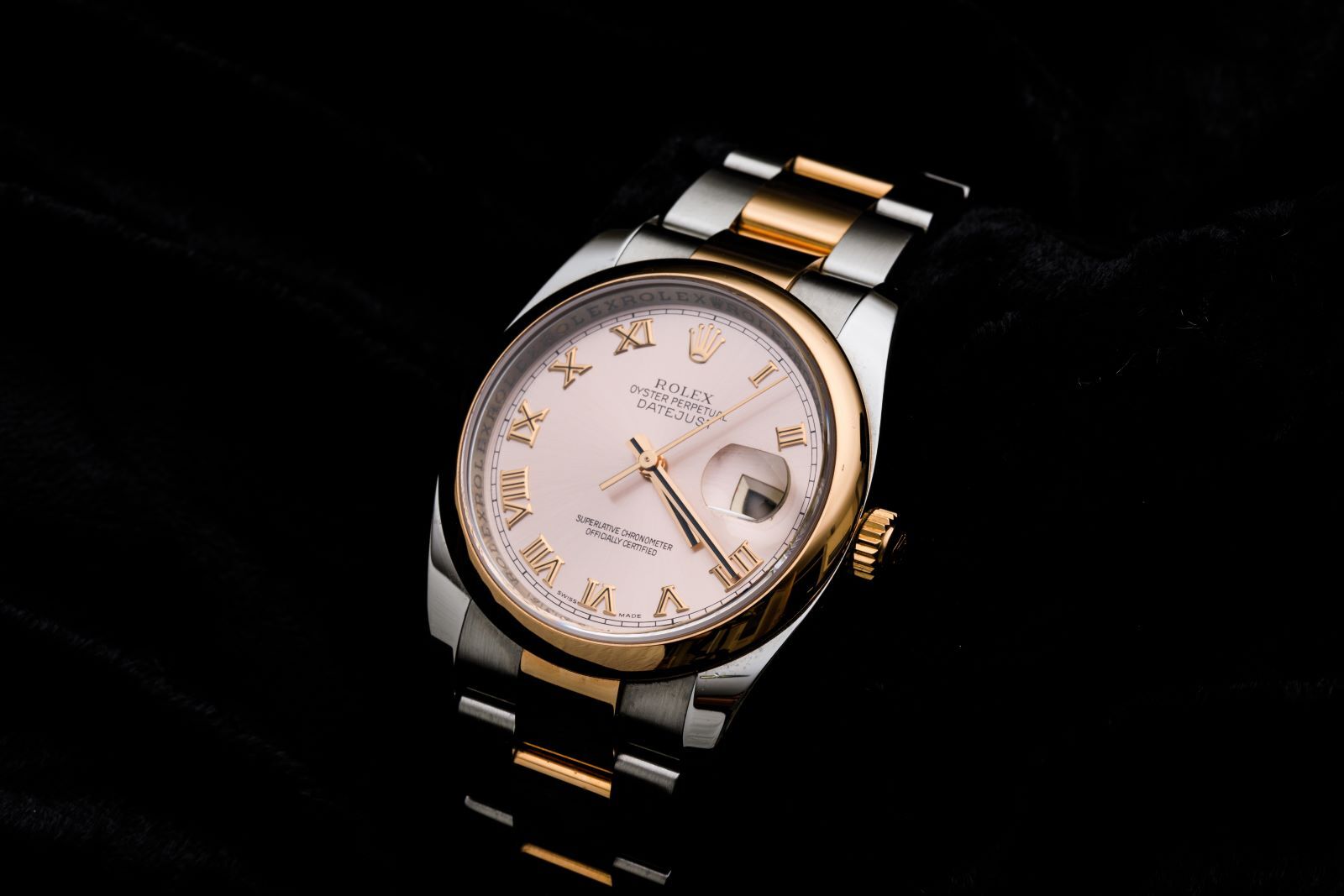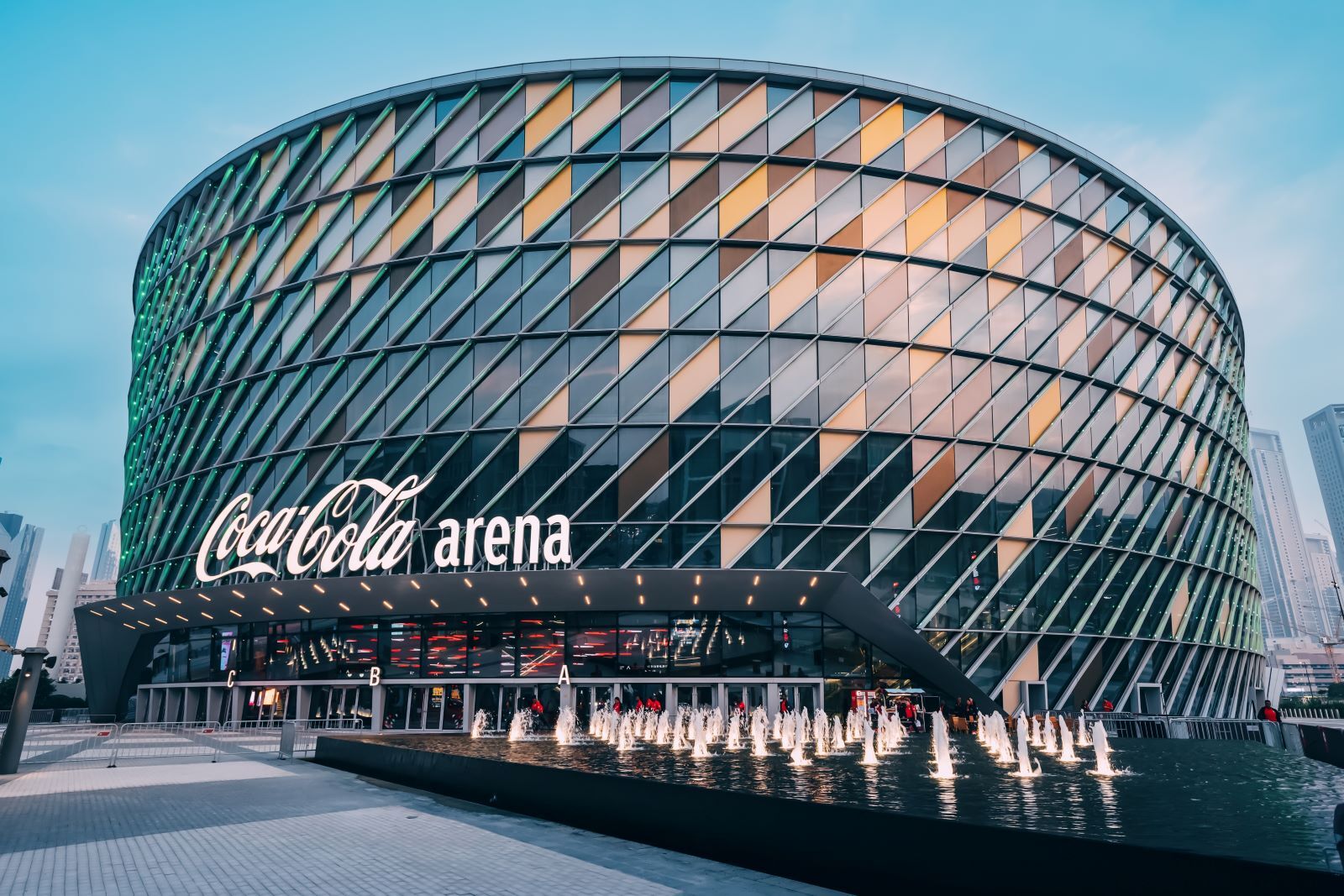Mohammed Bin Rashid Library: A Monument to Knowledge and Culture
Published: 24 September 2024
On June 16, 2022, Dubai unveiled a monumental new addition to its skyline: the Mohammed Bin Rashid Library. Situated in the charming Al Jaddaf area alongside the historic Dubai Creek, this library stands as a testament to the city’s growing commitment to culture and knowledge. Spanning seven floors and covering 57,000 square meters, it is not just a library but a vibrant cultural beacon, blending history, tradition, and modernity into a single building.

The library’s design is as innovative as it is symbolic. Inspired by the shape of a traditional Islamic lectern that holds the Holy Quran, it offers a stunning visual metaphor for the role of books and knowledge in society. The structure's form, resembling an open book perched on a classic wooden bookrest, is intended to captivate and invite curiosity. This architectural statement is more than just visually striking – it underscores Dubai’s ambition to nurture a culture of learning and exploration.
A Glimpse Inside the Library
Upon entering the Mohammed Bin Rashid Library, visitors are greeted by an expansive and inviting space that celebrates the heritage of reading and intellectual growth. Its design not only reflects its cultural mission but also serves as a communal hub for interaction and personal development. The library is open to the public free of charge.
Each of the structure’s seven floors offers a unique experience, guiding visitors through different facets of literary and historical exploration. On the first floor, the general library area serves as a gateway to the various specialized sections housed within. The building hosts nine distinct libraries, each dedicated to specific areas such as Periodicals, Special Collections, Media & Arts, and Children’s Literature. Notably, one section is dedicated to the United Arab Emirates, showcasing first editions of virtually every book published in the nation.
This section is a treasure trove of knowledge and culture, featuring over 5,000 historical prints, 35,000 newspapers from around the world, 500 rare manuscripts, six million dissertations, 73,000 music scores, 75,000 films, and 13,000 scholarly articles. The collection is available in more than 30 languages, including English, Arabic, and Braille, ensuring accessibility for all. The library also includes tranquil areas designed to accommodate people with special needs, providing a peaceful environment for reflection and study.
The Symbolism of Design
The library’s design is a source of inspiration in itself. Created by the renowned architect Alberto Kalach, the building’s seven-story structure of glass and steel took three years to complete. Kalach, known for his work in integrating architecture with nature, has infused the library with a spiritual and symbolic essence.
As visitors ascend through the library, they encounter spaces that evoke serenity and contemplation. The ground floor features a sunlit lobby where guests can relax, read, or work. The seventh floor houses an exhibition room displaying rare manuscripts and first-edition volumes, offering a glimpse into the library’s unique collection.
Outside, the library’s design extends to an area known as The Languages Garden, a tribute to HH Sheikh Mohammed bin Rashid Al Maktoum, the Vice President and Prime Minister of the UAE, and Ruler of Dubai. This garden features 60 pillars inscribed with His Highness’s quotes on leadership, blending the library’s architectural elegance with a nod to the cultural heritage of the UAE.
Recognition and Sustainable Innovation
The Mohammed Bin Rashid Library has garnered international acclaim, including the prestigious 2022 Green Good Design Award from the European Centre for Architecture Art Design and Urban Studies, and The Chicago Athenaeum. The library's commitment to sustainability is evident in its choice of materials and construction practices, which adhere to the highest standards of environmental responsibility.
The Mohammed Bin Rashid Library also aligns with the Dubai Green Building Rating System, featuring energy-efficient systems that reduce overall consumption by 40%. This efficiency extends to all areas of the building, including the car park, the main structure, and the rooftop, ensuring balanced energy distribution and minimal environmental impact.
Technological Integration
The library is a celebration of history and culture, but it is also firmly rooted in looking towards the future and has several technological features that enhance the visitor experience. Pepper, the world’s first semi-humanoid robot, provides guidance and assistance as needed. The Pepper robots are programmed to answer questions on a variety of topics, have the ability to detect facial expressions and human emotion, and also tell children’s stories. In line with the library’s sustainability initiatives, each robot consumes as much energy as a lightbulb.
An integrated storage and retrieval system allows books to be accessed in mere minutes. The Autostore is the library’s smart archive, where a team of five robots is on hand to process book requests and have the appropriate volume delivered to the information desk. The integrated system also manages self-checkout kiosks where patrons can borrow books and have them automatically added to their account. This is complemented by smart shelves on the ground floor where returned books are automatically sorted and returned to their proper location.
Cultural Renaissance
Dubai is widely recognised for its modern lifestyle characterised by a bustling urban centre, iconic landmarks, and vibrant beaches. However, in recent years, the city has undergone a major cultural renaissance, evidenced by the revitalisation of historic districts, the proliferation of art galleries, and the establishment of the Dubai Opera. The Mohammed Bin Rashid Library is a significant addition to this cultural evolution, reinforcing Dubai’s commitment to preserving and celebrating its rich heritage through literature.
The library serves as a powerful symbol of Dubai’s evolving cultural landscape, providing a space where history, tradition, and contemporary knowledge converge. It is more than just a repository of books; it is a dynamic center for intellectual growth, cultural exchange, and community engagement. As it continues to attract visitors and scholars from around the world, the library reaffirms Dubai’s role as a leading cultural and intellectual hub in the Arab region and beyond.



